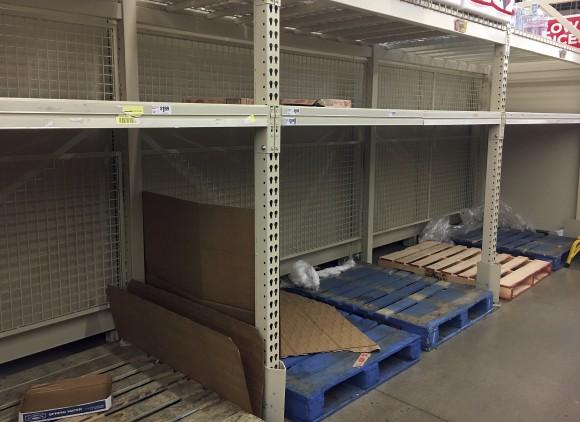CORPUS CHRISTI, Texas—A harmful chemical from an industrial plant leaked into the water supply in Corpus Christi, forcing school closures, disrupting commerce and causing a run on bottled water at supermarkets in the Gulf Coast city.
As the frustrations grew late Thursday night—a day after the spill—the mayor said he didn’t think the release of the chemical extended beyond the industrial district. He said though that officials were still waiting for results from testing by the Texas Commission on Environmental Quality.
“We are pushing very hard to get our water turned on as soon as we can,” McQueen said.
City spokeswoman Kim Womack told KRIS-TV that officials did not find a “backflow preventer” at the site. “They’re saying there is one and we’re telling them ’show us,'” she said.
“In the simplest terms, someone was careless when they were injecting chemicals with a pump and ... when the injection occurred it crossed over into our water system,” she told KRIS-TV.
Womack told the station that they were not releasing the name of the company leasing the plant because they are still trying to work with it.
“We feel like if we release their name, they will shut down and not work with us,” she said.
McQueen said that the “third party” responsible for the spill will be held “accountable.”






